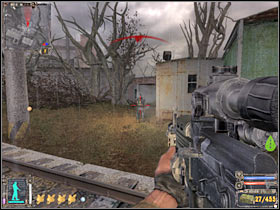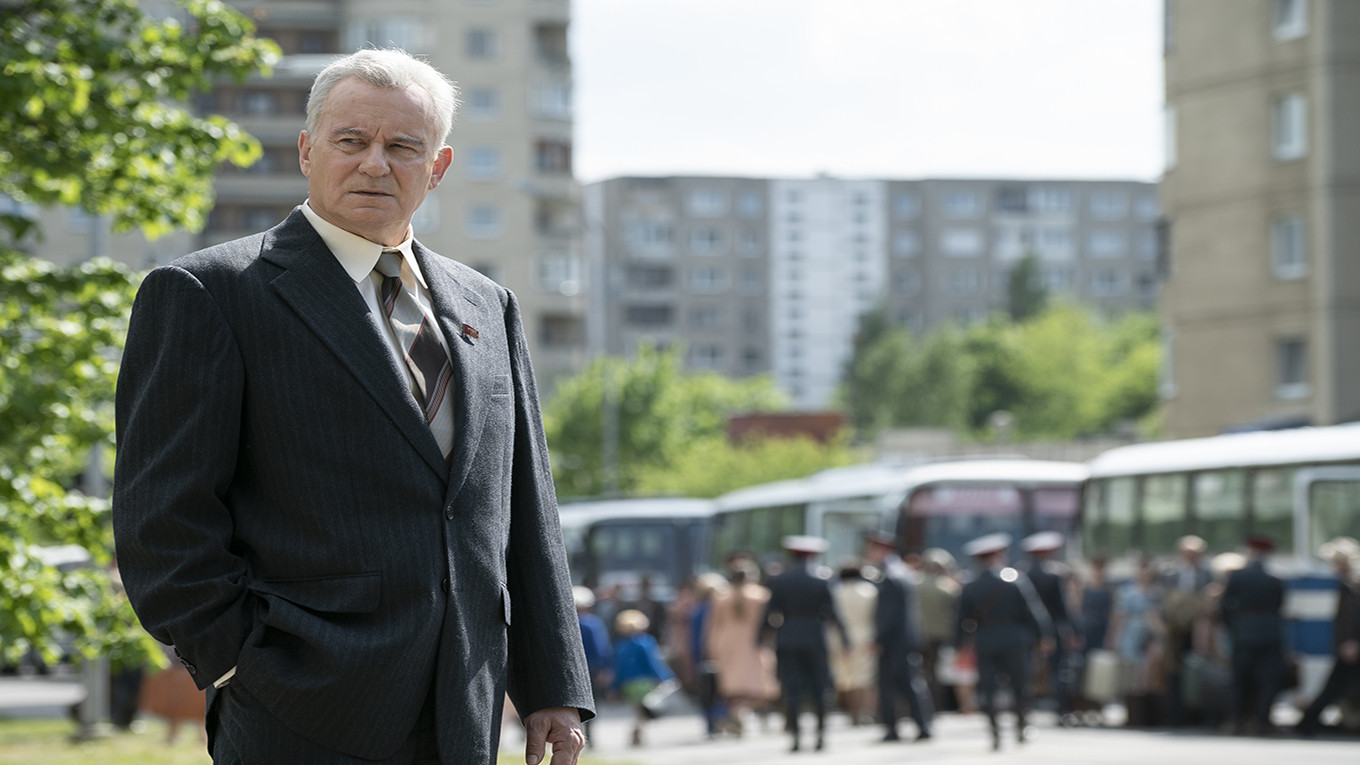

The brave miners who made huge efforts to dig a tunnel under the reactor building to install a heat exchanger to remove heat from under the core also did so in vain: the heat exchanger was never used as the core cooled before it was installed. The incredibly brave attempts by helicopter pilots to drop boron, sand and lead onto the melting fuel rods likely helped to put out the fire burning in the graphite moderator, but it largely missed the nuclear fuel and the melted core which, after burning through the primary containment, cooled down by itself. Subsequent analysis found that the tanks were already mostly empty, and the interaction of the melting fuel with the water might even have helped cool it. The three heroic men who worked to drain the tanks of water below the primary containment chamber to prevent nuclear fuel coming into contact with water which was believed would cause an explosion did so in vain. Related: 10 Chernobyl-Style Reactors Still Operate Across Russia In any case, such an explosion wouldn't have destroyed Minsk, nor would it have made Europe uninhabitable. Nuclear power stations don't explode like nuclear bombs - and certainly not thermonuclear ones in the megatonne range. The fears of a nuclear explosion in the two to four-megatonne range due to reactor core meltdown, which, it was claimed, would destroy the nearby city of Kiev and make large areas of Europe uninhabitable, turned out to be wrong. Studies after Chernobyl have found no convincing evidence that pregnancy outcomes were affected by radiation exposures. A US doctor who helped treat the plant workers and firefighters says that the patients didn't present a significant radiation risk to staff and visitors. But the drama implies that the baby absorbed such high doses of radiation from the husband that it subsequently died. This happened, and is one of numerous first-hand accounts the series draws from Voices from Chernobyl by the Belarussian journalist and Nobel laureate Svetlana Alexievich. In highly emotional scenes we see the pregnant wife of a firefighter visiting her husband suffering from acute radiation syndrome in Moscow Hospital Number Six. 'You're sitting next to a nuclear reactor' There is a scene in the local hospital that appears to show children suffering from radiation sickness: Experts confirmed 134 cases of radiation sickness among the firemen and plant operators, but none among the population of Pripyat.Ĥ.

In fact, on average, residents of Pripyat received an average dose of around 30 millisieverts (mSv) - about the same as three whole-body CT scans - due to the late warning about the danger.


 0 kommentar(er)
0 kommentar(er)
